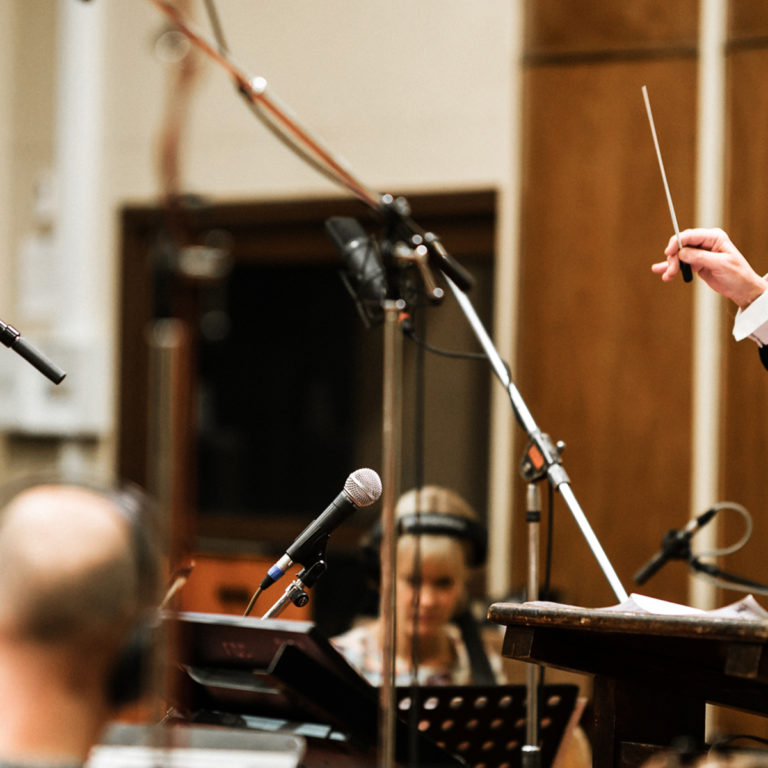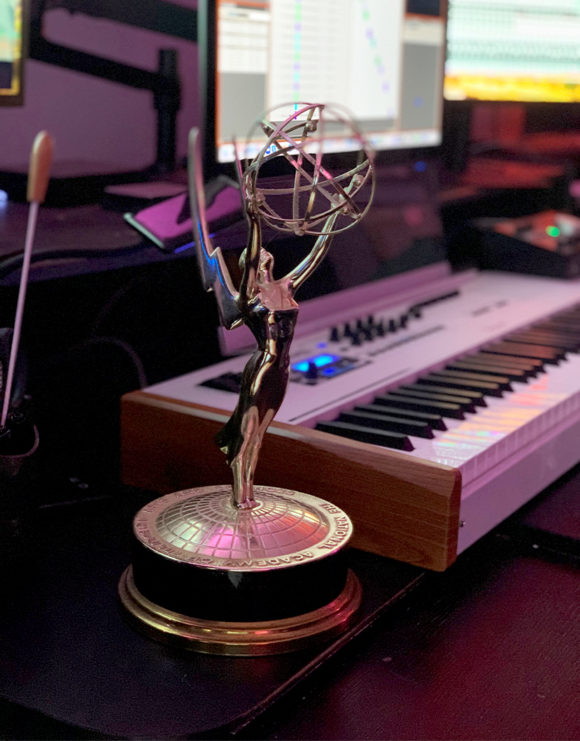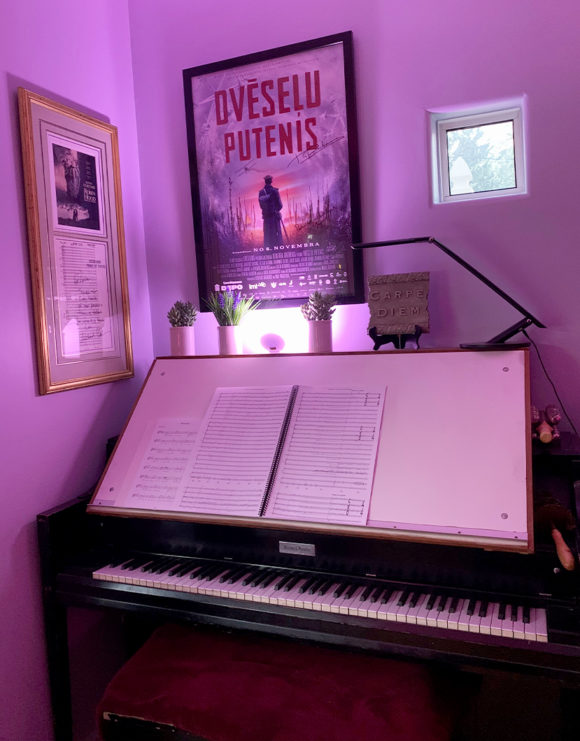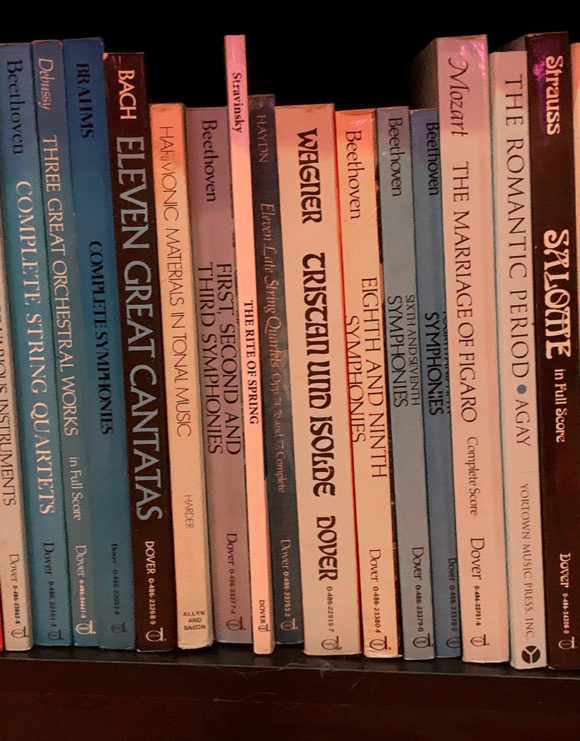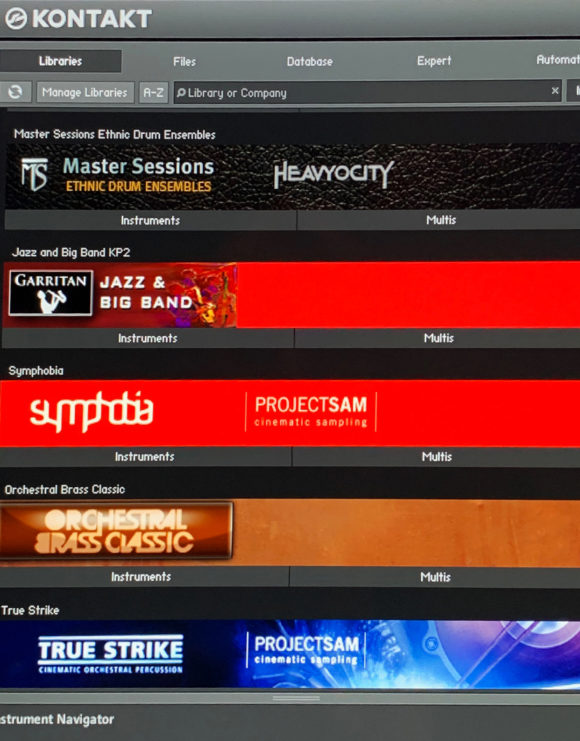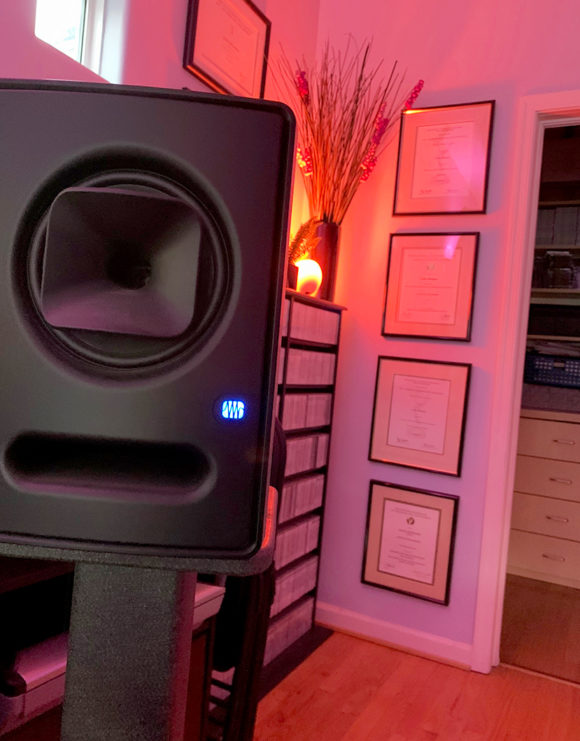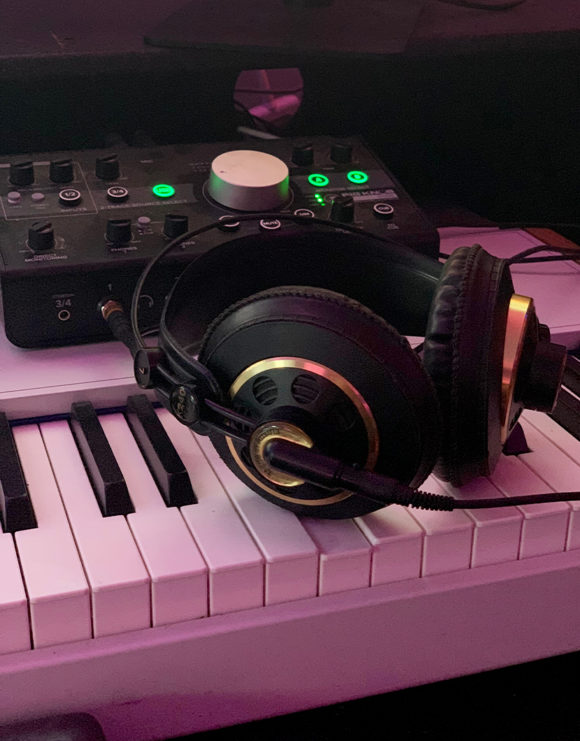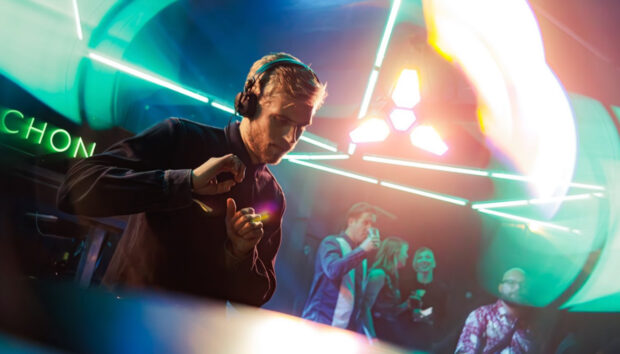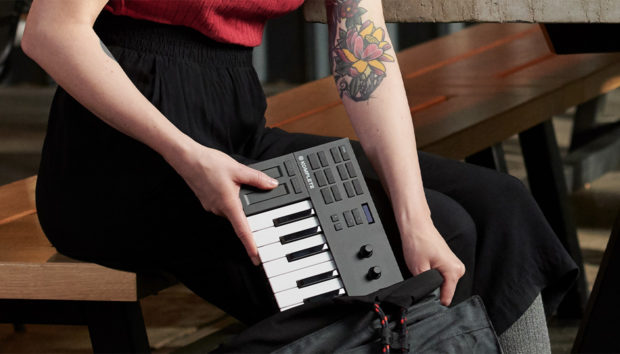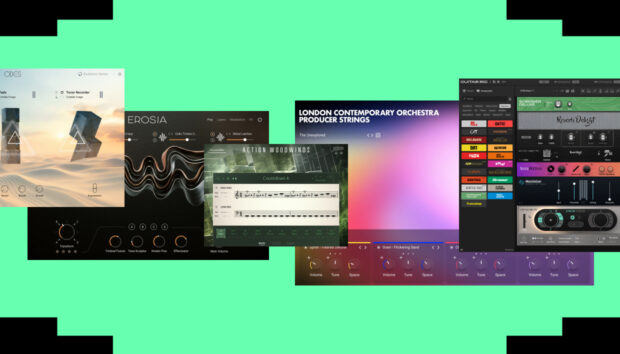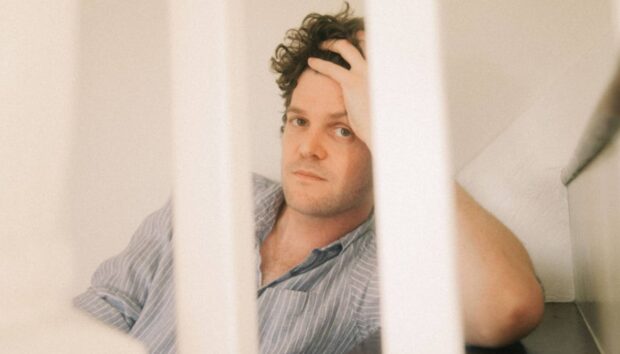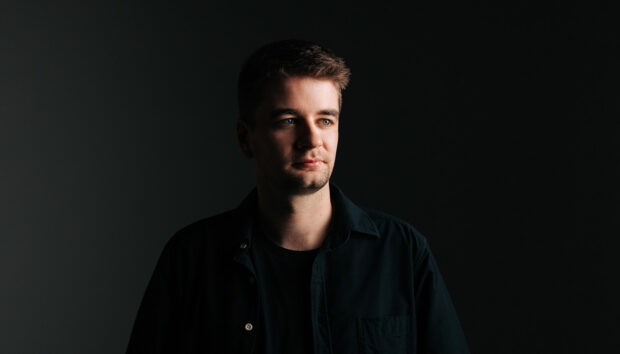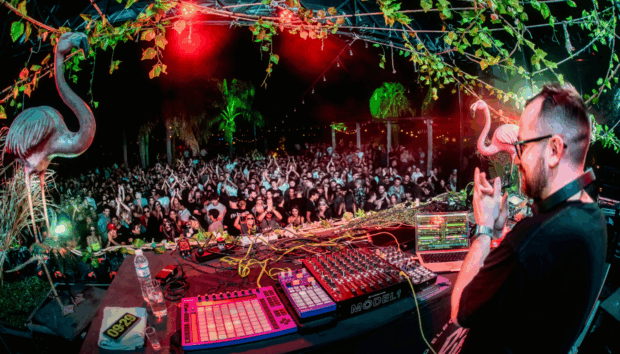Los Angeles-based composer Lolita Ritmanis has scored hundreds of films and television programmes, but up until recently she was probably best known for her work with superheroes, composing and orchestrating scores for Warner Bros. animated series like Superman: The Animated Series, Batman Beyond and Justice League.
Ritmanis is somewhat of a superhero herself. She was born in Portland, Oregon to immigrant parents who fled Latvia during World War II and made their home in the US in 1949. As a child, she studied piano, flute, guitar and voice, performing in both jazz and classical music ensembles. She composed her first song around age 11 and credits her mother for allowing her to break free from the constraints of musical study – an act of faith that Ritmanis now feels was crucial to her development. “Honestly? If my mother had just heard me banging about on a piano and causing destruction she probably wouldn’t have encouraged me,” she explains. “It was more to do with the fact that she wouldn’t stop me when she knew I should be practising my scales or Bach Inventions. I was actually quite a good pianist at an early age but then I would take off for several hours and improvise what would eventually become a composition.”
Ritmanis also owes her sister Brigita, a professional musician and her first piano teacher, a debt of gratitude for influencing her musical development. “I didn’t know how to write music down but had another great angel in my sister, who’s 15 years older than me; she had the presence of mind to record my ramblings on cassette and transcribe them. When somebody’s creating something, it’s a positive energy we can send out into the universe, so it’s really important for not just parents, but anyone to mentor kids and adults, especially with all the amazing tools that are available now.”
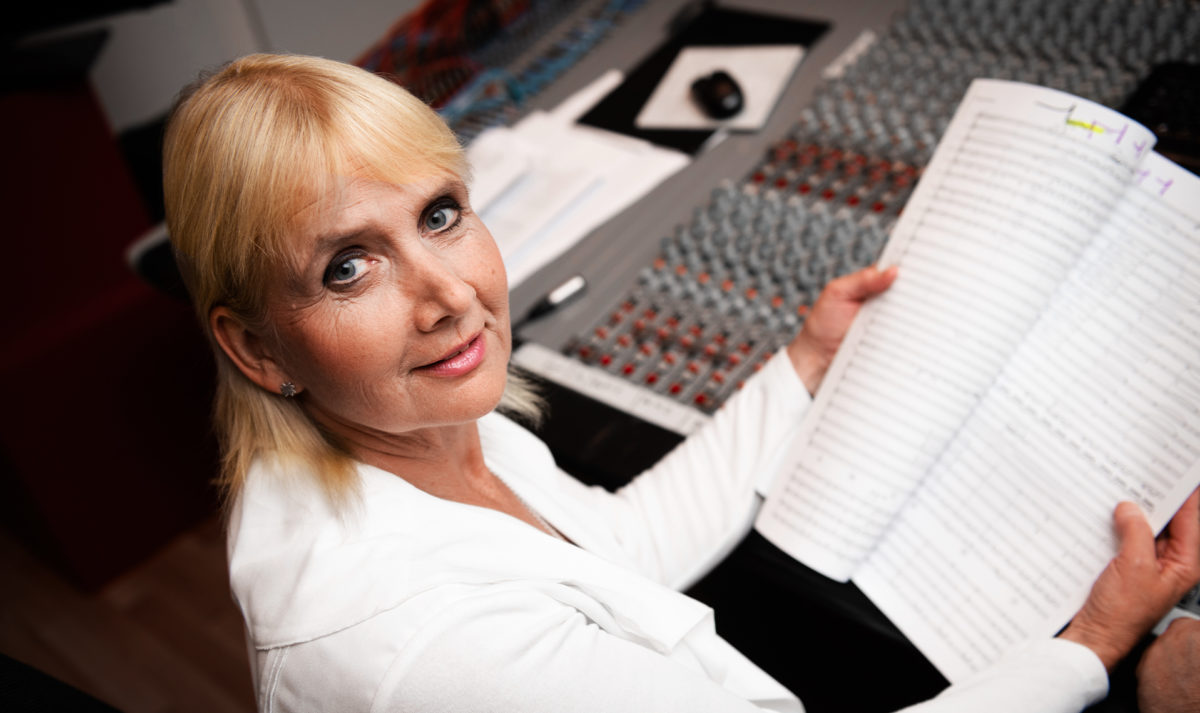
By the age of 18, Ritmanis was studying composing and arranging at the Dick Grove School of Music in Los Angeles – taking her a step closer to her dream of being involved in the industry on a professional level. “When I was a junior at high school, I’d go on these college trips. We toured UCLA, USC and many other schools at a time when there weren’t the kind of music programmes that are available now. The Dick Grove School of Music was a creaky building in Studio City, California, and when I walked through the door I felt like ‘This is it’. In every room you could hear guitars shredding, an orchestra playing a film score arrangement, or jazz/pop. I originally entered a vocal programme for singer/songwriters, but realised I was more interested in film scoring and took a year-long composing and arranging programme where every week I was writing for different instrument groups and preparing all the parts. The second year was geared towards film scoring and the school had a who’s who of film composers coming through to teach us, including Lalo Schifrin and Henry Mancini.”
How important was that schooling, and is it possible to gain entry into the industry by any other means? “Being around other composers and the experience of networking with students, faculty and building a community is equally, if not more important, than the actual musical education,” Ritmanis explains. “If you’re by yourself in a room for years on end creating music, you’re not developing that collaborative skill set of networking with people. This business is all about building relationships, to a point where you find a creative comfort zone with those you’re collaborating with and can produce your best work. There’s so many top-notch education programmes like USC, Berkley, Eastman School of Music and Columbia in Chicago, but if you don’t have the money to do that you can certainly learn a lot at home with your gear. In parallel to that, attend events like AFI screenings where you can meet other creative individuals – not just composers, but directors, producers, and editors.”
Upon completing her studies, Ritmanis landed her first job as a music proofreader and orchestrator – first at Disney, then Warner Bros. By day, she worked on orchestral arrangements for big-name composers like Michael Kamen, Mark Snow, and Burt Bacharach; at night, she composed original music. In 1991, with the help of famed American film and TV composer/conductor Shirley Walker, Ritmanis got her first official scoring gig, collaborating with Walker to write music for Batman: The Animated Series. She continued on at Warner Bros., working on Superman: The Animated Series and the stunningly successful Batman Beyond before embarking on a professional collaboration with composers Michael McCuistion and Kristopher Carter. Collectively known as Dynamic Music Partners, the trio went on to compose music for animated films such as The Zeta Project, Teen Titans, Justice League Unlimited and Legion of Super Heroes.
“Most of my work has been at Warner Bros. and Marvel, and very much in the animation realm, but it’s really all about storytelling,” Ritmanis offers. “Superhero movies aren’t just one big epic sound, sometimes there’s a lot of sound design involved, which is where Native Instruments has come into play on a big level, especially for some of the shows that have a sonic intrigue to them and are not straight-ahead orchestral. My big ‘aha moment’ [with Native Instruments products] came about 8 or 9 years ago when we started working on Young Justice for Warner Bros. The producers wanted sound design that had musical sensibilities without using traditional sounds. I used the FM8 soft synth and Absynth a lot on that movie, and still use those today, alongside Symphobia running samples inside Kontakt 5 and 6.
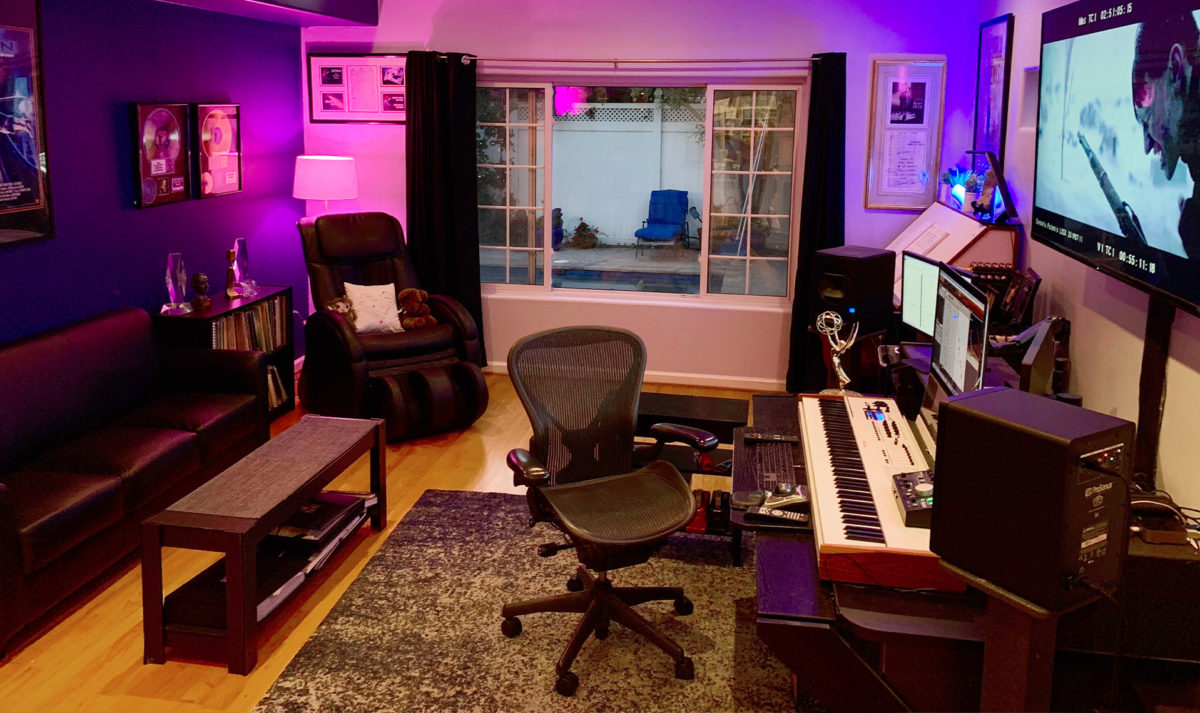
“I thought of [those tools] as tasting something new for the first time, something that you didn’t even know existed,” she recalls. “I have to go back to Absynth and FM8 because when something comes into your purview at the right moment, it acts as a launch point for inspiration. Being a traditional composer that primarily uses tech to help me, when I have a sound design moment – or something magical happens in a scene and I discover a sound in one of the Native Instruments libraries – it sparks that creativity and acts as a launch point. A cue isn’t necessarily all about one sound; it may have inspired me by starting as a crackle and building into this magical pad. Right at that moment, I might bring in real violins and play something I’ve perceived as a harmonic in the sound, but by the time the process is over I realise what the seed for all of that was. That’s why I think that composers having access to the work that Native Instruments does is paramount to expanding the way we can be inspired – it helps the workflow rather than hinders it.”
Being a “set it and forget it” type of person who likes to have a lot of instruments at her fingertips to save time, Ritmanis relies on her husband, music producer and mixer Mark Mattson, to help organise her software libraries. The couple lives in Studio City, California and maintains two recording studios with duplicate setups, which allows them to work seamlessly on projects. “Often with a new show or film, I’ll spend a lot of time getting my master [sound] palette adjusted and ask myself what will be different about it – whether it’s going to feature a lot more slow-moving and evolving sound design things or if I might need more solo instruments to complement those samples. I don’t even like to call them samples because the creative sounds Native Instruments comes up with are outstanding. I primarily use the Vienna Ensemble server to host my orchestral palette and that includes several libraries inside Kontakt 5 and 6 including Symphobia, Spitfire Strings, Berlin Strings, as well as Absynth and FM8. I also love using the drum samplers Battery 3 and 4, Heavyocity Loops, and percussion libraries like True Strike, Komplete’s West Africa, and Massive.”
The Symphobia sample library – which focuses on arrangements for orchestral sections and full orchestras performed together, rather than individual multi-samples – is a particular favourite. “The Symphobia stuff is pretty cool. It’s more of an ear-candy-type thing, but it makes a huge difference if you need some incredibly wild orchestral effects at your fingertips. It’s a lifesaver in the middle of the day when I only have about four minutes to write something, because you can add all this scary stuff on top of whatever you’ve already written and find some incredibly inspiring sounds there.” While digital files can’t replace working with a live orchestra, realistic-sounding and high-resolution samples still play a critical role in today’s composition process. “I don’t know too many composers that will say no if the film production company has enough of a budget to use a live orchestra,” says Ritmanis. “And when you put the orchestra and the mock-up side by side, you definitely realise which is which… but the mock up still has to sound fantastic.”
For composers, if you have a dream early in your life and get a moment to connect to that dream, it’s a magical moment that you’ll always remember.
Among Ritmanis’ most notable recent projects is her score for the 2019 film Blizzard of Souls, based on the true story of a 16-year-old boy enlisted to fight on WW1’s Eastern Front and shot entirely in Latvia. Director Dzintars Dreibergs began discussing the film with Ritmanis in 2016, before production started, and they ultimately recorded the orchestral score in 2019 at Latvia’s Radio 1 with the State Choir Latvija and over 100 players. The project became one of Ritmanis’ most uniquely personal experiences, and the fulfillment of a lifelong dream to compose for an epic Latvian film.
“My parents immigrated after World War 2, but being Latvian is a part of my life and I’ve always been very much in touch with my culture,” explains Ritmanis. “Blizzard of Souls came into my sphere and I jumped at the chance to score this beautiful film. For composers, if you have a dream early in your life and get a moment to connect to that dream, it’s a magical moment that you’ll always remember. That happened for me with Blizzard of Souls. Compositionally, you never just ‘needle drop’ some music; there’s no skill set that’s different for animation than live action. [Scoring] animation has been nothing short of miraculous for me in terms of being able to create music for these very powerful stories. I love superheroes but it’s also nice to score some real-life stories and narratives.”
Blizzard of Souls was a passion project but it also netted its fair share of accolades – Ritmanis’ score was shortlisted in the Original Score category at the Academy Awards and won multiple national and international awards. “What’s fascinating in my case is that I never saw that coming,” she says. “I was very proud to be Oscar shortlisted and win all sorts of awards for Blizzard of Souls because I worked very hard and left it all out there on the table. But while it feels great to have my peers recognise me, it’s also a little bit of a curiosity when some people say, ‘Oh, I didn’t know you could do that.’ It took a film from my parents’ homeland country of Latvia to bring me to this next level of Hollywood attention, but let’s raise the profile of people who have been doing this for years and are still stuck at mid-level.”
Over the course of her career, Ritmanis has been vocally advocating for more equality and opportunity in the scoring and composition field. In 2014, she co-founded the Alliance for Women Film Composers with Laura Karpman and Miriam Cutler to provide greater visibility and advocacy for women composers. Ritmanis says some parts of the industry have been faster to embrace change and hire female composers than others. “[The industry is evolving] but primarily in TV, some videogames, and independent films. Out of the 250 top-grossing movies, the percentage of women working in those is still dismally low – something like 3%. This has nothing to do with female composers or people of colour not being proficient enough to create work of that ilk; it’s simply that studios are not opening the doors to skilled composers who are more than ready to access that landscape.”
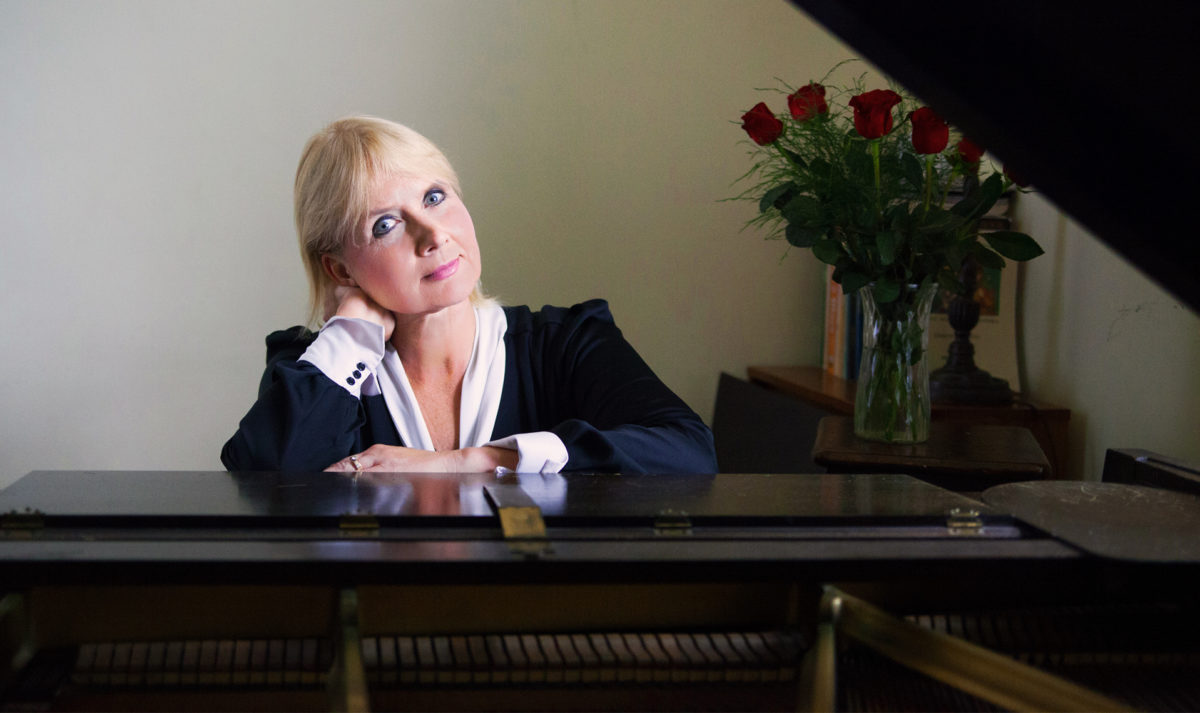
After the success of her most recent movie score, Ritmanis plans to pursue more of what she feels is her “bigger calling” – narrative live action projects for film and TV. “My agent is actively pursuing work of this nature, from period pieces to live action drama and television, so I’m reading scripts and gaining access to the audition process for that landscape. Parallel to that, my partners and I are currently working on Young Justice Season 4 for HBO Max and that’s been going on all throughout the pandemic.” She’s also “thrilled” to have worked on Women Warriors: The Voices of Change, an original documentary that covers 800 years of feminist history in 80 minutes, scored live-to-picture by an orchestra conducted by Amy Andersson. “The album is out now, it contains work from nine incredible female composers and I have about 20 minutes of original music in that concert. We premiered it at Lincoln Center in 2019 and really want to get this thing out on the road.”
Keep up with Lolita Ritmanis’s work over on her official website. And visit the Alliance for Women Film Composers to learn more about the organization, to join the directory, or become a sponsor.








